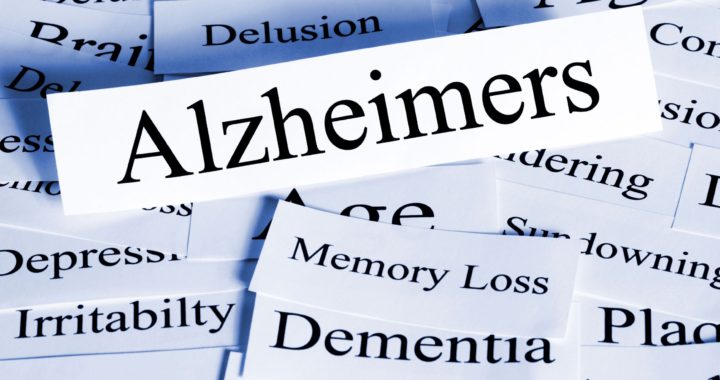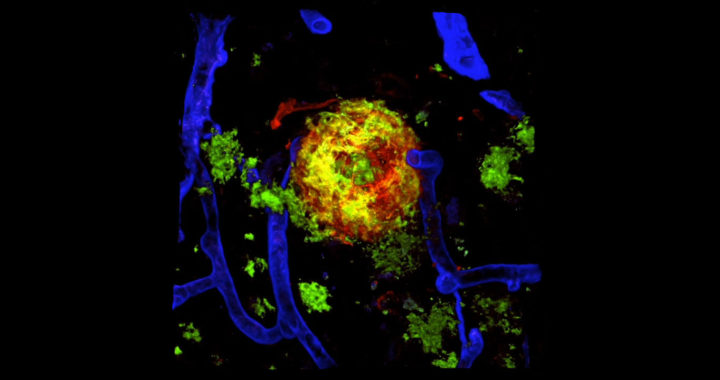By: Todd Wagoner, LCSW
Care partners sacrifice immeasurable time and energy to provide the necessary structure, health, and quality of life for those living with early onset Alzheimer’s disease. Often the toll your sacrifice is taking on your well-being goes undetected or unaddressed.
Now more than ever, as the COVID-19 pandemic creates additional challenges for creating meaningful connections, we encourage individuals caring for someone with early onset Alzheimer’s disease to find support for your well-being.
Author, counselor, and teacher, Dr. Barry Jacobs, writes, “The sturdiest, most gung-ho caregivers may disregard the impact of dipping into their own reserves each day until that day, that year later, when the cumulative depletion makes them feel sucked dry as an empty well.”
Self-neglect breeds social isolation when you deny yourself the support needed to provide care. This is especially true as the pandemic creates increased prolonged isolation for so many people.
Are you experiencing any of these signs of care partner isolation?
- Feeling lonely and withdrawn from family and friends
- Depression, frustration and increased stress
- Less energy and creativity to manage day-to-day care
- Feeling trapped in a seemingly unending and impossible set of circumstances
- Physical symptoms such as high blood pressure, weight gain, back or joint pain
- Feeling overwhelmed due to lack of information about the disease or inability to find available support services
Not recognizing these signs tends to keep care partners from taking actionable steps to find support and increase your capacity. Yet isolation is a prevalent challenge for most people caring for someone with early onset Alzheimer’s.
Reasons care partners feel disconnected from support networks may include:
- Previous social supports may withdraw due to stigma around the disease.
- Care partners may be alone in the care duties without understanding or support from family or friends.
- In the COVID-19 reality, perhaps there is a sense of fear that inviting others’ help might expose you and your loved one to life-threatening illness.
- Withdrawal from previous activities and lifestyle due to the time required for care responsibilities.
- Lack of social interaction and stimulation from individuals, other than their care recipient, often triggers loneliness.
- Withdrawal to avoid frequently explaining the actions of a loved one to others.
Yet prolonged isolation can deepen feelings of guilt, resentment, and chronic grief, causing withdrawal from the individuals and support services you need most.
Know this: there is hope. There is always hope. Although you cannot remove the impact of early onset Alzheimer’s disease on your loved one, nor can you change the outcome, you can take essential steps to change how you approach home care. Doing so can improve your outlook and overall ability to cope with the demands of caring for your loved one.
Here are three simple steps for reducing isolation as you support someone with early onset Alzheimer’s disease.
- Acknowledge feelings of isolation
There is a sense of powerlessness that exists when a care partner feels deprived of much-needed support. Recognizing your need for support opens you up to a greater understanding of what you need. That understanding can then evolve into the belief that you can do something about the isolation you feel.
- Share your experience
Seek out opportunities to talk about the challenges you face with friends, family members, or other care partners. Sharing your experiences with others can provide you with much-needed understanding and may help relieve the guilt you may feel for the feelings you experience at times.
If making connections is difficult, particularly amidst COVID-related restrictions, consider joining online care partner support discussions. Regularly scheduled discussions of this kind are hosted online by the Gayle Wells Foundation. You can find information on those forums below. These online forums offer a powerful exchange of experiences to reassure care partners that you are not alone in these challenges. Often, helpful ideas and coping skills that have worked well for others are also exchanged.
- Ask for help
In his book, The Emotional Survival Guide for Caregivers, Dr. Jacobs encourages care partners to reach out to others. In the COVID-19 reality, communication may need to take the form of video calls, phone calls, texts, online forums, or emails.
Asking friends and family to help with shopping or grocery delivery or getting in-home assistance if you feel safe to do so, may profoundly reduce your sense of isolation.
As care partners carry on the essential work of supporting someone with early onset Alzheimer’s, it is imperative to be vigilant about your physical, mental and emotional well-being, not only for your sake but for the sake of your loved one.
To learn more about online care partner forums hosted by the Gayle Wells Foundation, click here. We hope to see you there. Together we can provide much-needed awareness, strength, and practical help to address the on-going challenges of caring for someone with early onset Alzheimer’s disease.
Jacobs, Dr. Barry J., The Emotional Survival Guide for Caregivers: Looking After Yourself and Your Family While Helping an Aging Parent, The Guilford Press, 2006.










